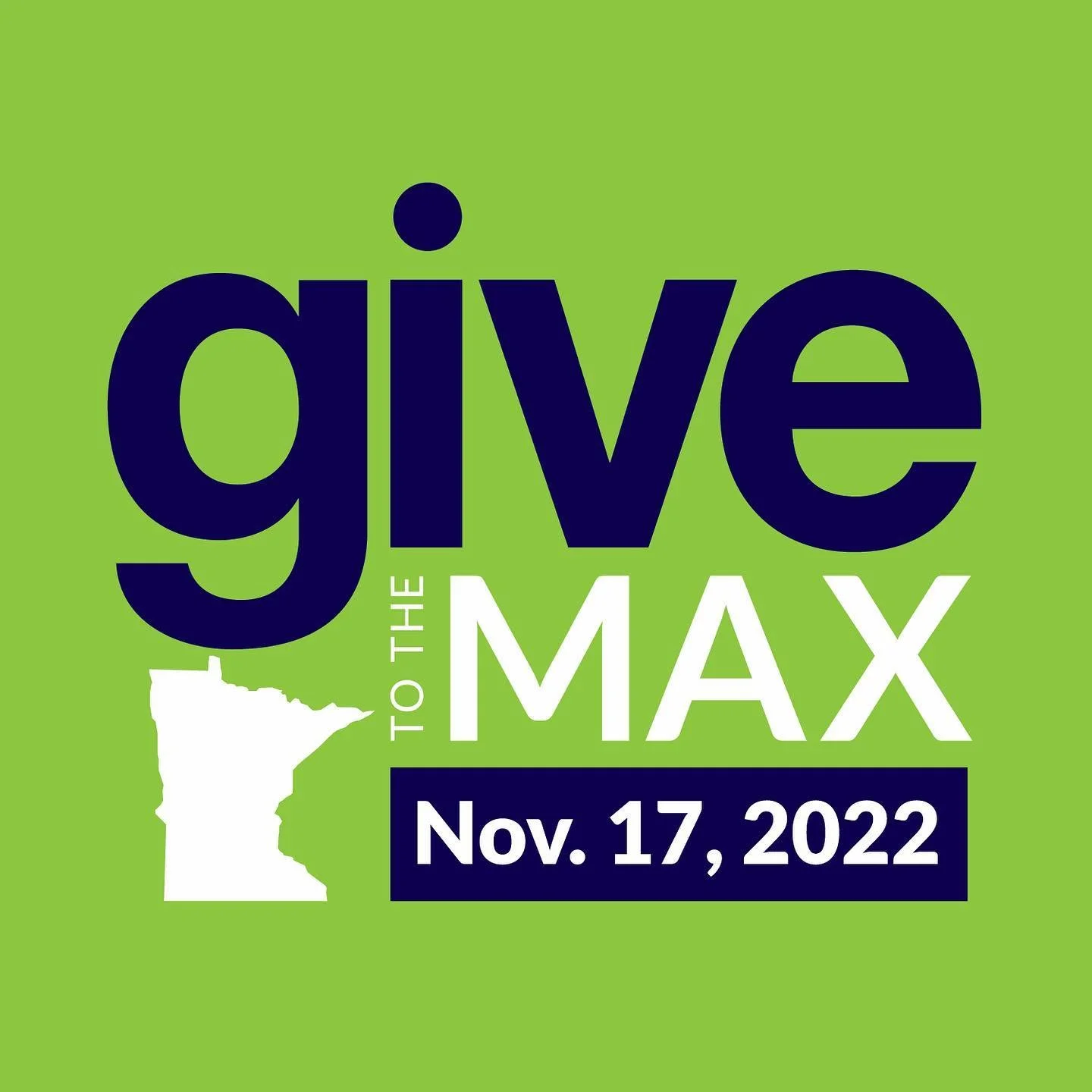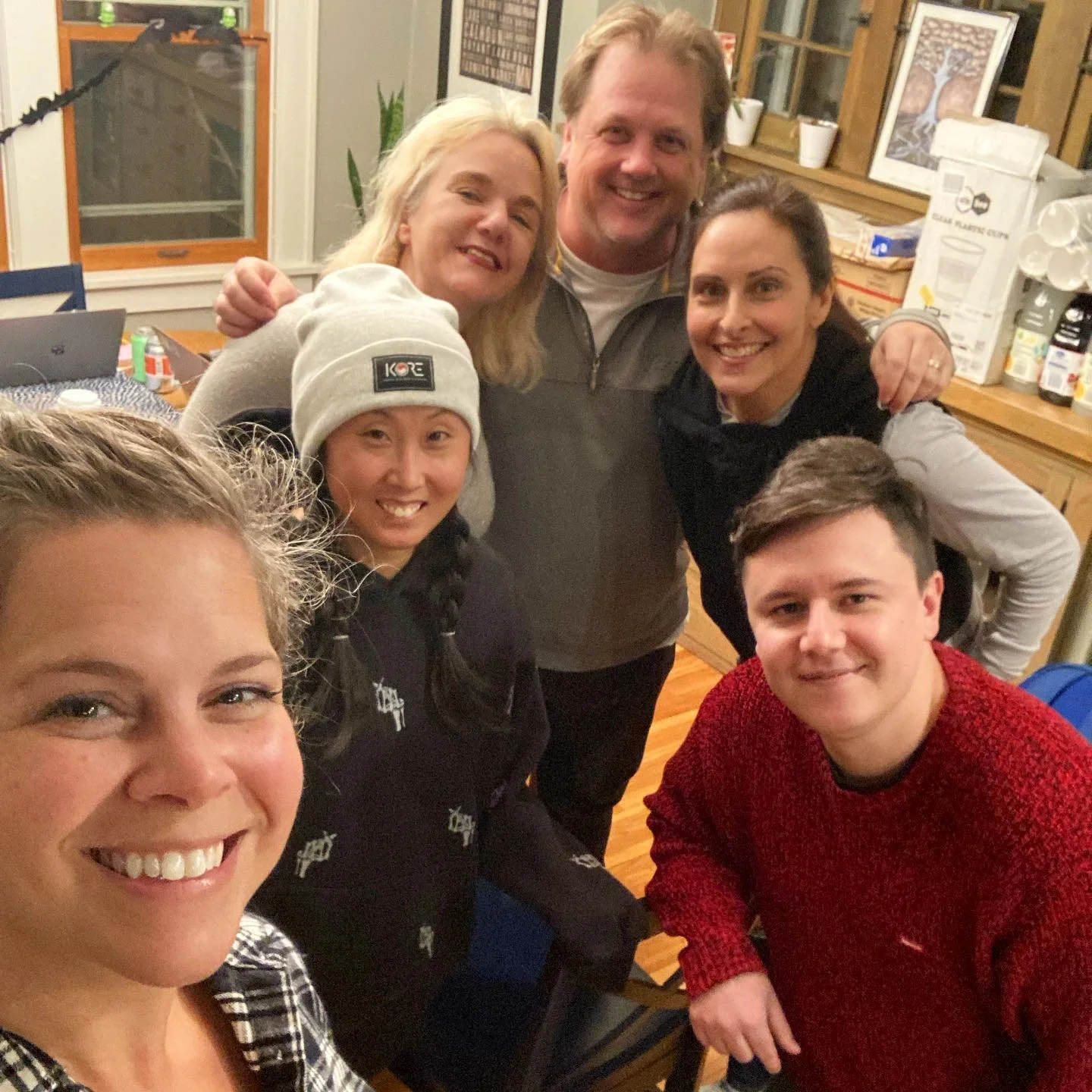By Tommy Rehbein
Sometimes being gifted in a certain area is a double-sided coin. While an artist's mind may be wired to arrange music, language, movement, images, and other elements in ways that astonish us, bring us to tears, make us laugh, provide new perspectives, or allow respite from the day's worries, the same mind may also bend under the weight of the creative craft. When the work of processing pain, for example, and intensely observing the details of life—regularly fixating on moments and details, and replaying incidents—to create new, evocative works of art tests and compromises our well-being, where do we turn?
For whatever reasons, the labor that goes into creative endeavors is often not seen as "real work" in a culture that nevertheless consumes art voraciously. How many movies, songs, photographs, books, podcasts, etc. do you suppose the average person relies upon weekly? I would venture to guess quite a few.
I believe in honoring all kinds of work, whether it's analyzing data, unloading a truck, or arranging a composition for a horn section. Unfortunately, some careers come with minimal health insurance, if any at all. Even when insurance is available to artists, the policies often include little in the way of mental health benefits. Lacking resources, many creatives either carry on with a thorn in their side or self-medicate.
When my brother died of a heroin overdose a while back, I'd reached a breaking point mentally. Upon reaching out to my healthcare provider, I learned my insurance would not enable me to talk to a professional. They did, however, point me to an app with a free trial period that made calming rain sounds and had boilerplate positive affirmations with photos of nature (how nice!).
We have to do better.
Thankfully, there are organizations like Dissonance. I recently learned about this organization and the support it provides to artists and the broader community. In addition to offering assistance and resources in times of need, and advancing public conversations about well-being, Dissonance routinely validates the real work carried out by art-makers. Sometimes even this validation is enough to prevent a tailspin.
So, if you have listened to music, watched a show, had a moment of reflection during a podcast, looked at a painting, or enjoyed a book recently and those things made your life better, would you consider contributing to this organization and the invaluable support it provides for the minds and hearts of those who enrich you with their creative pursuits?
Tommy Rehbein is a guitar player, producer and custom guitar-pedal maker in Minneapolis. He has written and performed with numerous bands, including Toilet Rats, Small Towns Burn A Little Slower. Robosapien, International Karate, Naive Sense, Farewell Continental, Cinema Eyes, and Huntingtons.









